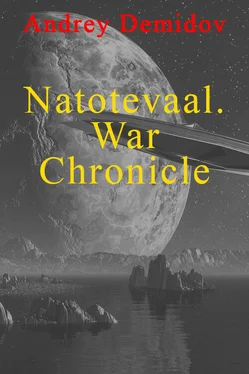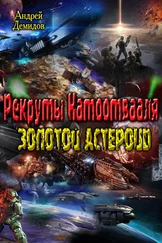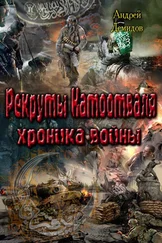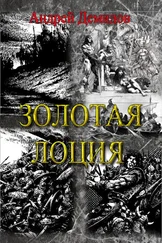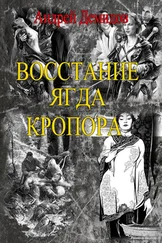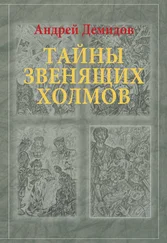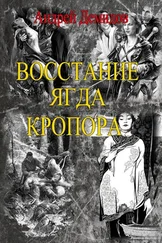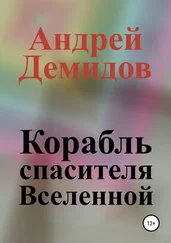In fact, fantasy creates special worlds, thus the study of specific rules for creating these kinds of possible and impossible worlds will also refer here: just as postmodernism discovers connections, that are solidly unbreakable, so the rampant variety of fantasy worlds reveals some invariants.
For instance such rules as: the coherency of individual components, fragments and elements; their coordination with one another, fullness of all the emerging opportunities; introduction of the main principle of realizing the scope of all possible layers of meaning in the unity of conceivable horizon.
The situation of a seeming a priori and absolute freedom of the creator in fiction paradoxically uncovers some strange inner necessities and limits, that are defined not only by the specifics of a selected representation language or the coherence of discursive sequence, but also by some, clearly ontological terms-conventions.
Freedom and necessity turn out to be the reverse sides of each other, although not in their dialectical sense.
The development of these new virtual worlds helps to provide better arrangement and ontological characteristics of our world, and the diversification of ontologies and related concepts – the conditions and limits of the ontology itself.
Gnosseology of science fiction will include another series of questions, seizing the ultimate learning experience, modeling of exotic cognitive situations, analysis and presentation of objective consciousness realised with the help of artificial means, as well as unique means of detection and dispersal of visible illusions.
For example, an alien – is a radical instance of removal that allows to adopt a maximally external attitude and distinguish some features which would not be obvious otherwise: the conventionality of the usual, customary, traditional and non-obviousness of the evidence itself.
Unexpected turns of events, large-scale coverage of the grand space-time intervals, sophisticated scenery give the opportunity to see the limits, denoted by the acknowledged meanings and boundaries of natural intuitions and interpretations; realize the inert stereotypes of mundane consciousness.
Fiction as knowledge finally undermines the solid oppositions of the discovered/invented, the found/made, the real/imaginary.
Fiction modeling demonstrates the capabilities of the most flexible thinking and creative ways of comprehending the world: the creation of exotic worlds can tell something about our world also – regardless of whether the scientific or mythological fiction base is being used.
The Heuristic Functions of fantasy in general were among the first to be observed.
This is also backed by the discussion of problems with communication and understanding, which can be seen in colorful contrast to the highlighted situations of meeting of different civilizations, cultures and societies that belong to different worlds, planets, strata or layers of reality – in this sense, the well-known TV series «Star Track» becomes the embodiment of the universal hermeneutic project as it purposefully indicates a potentially infinite attainability of understanding.
The axiology of fiction includes another series of questions that draw the attention to the subtle aspects of working with values.
Properly speaking, there is no such notion as values of fiction, of course – not because it is impossible to estimate the products of fantasy (that is quite possible), and not even because it is impossible to come up with things or ideals, worthy of aspiring no less than ordinary and mundane (this is also feasible, although with an even greater difficulty), but simply because it is impossible to evaluate something that is make-believe: in a sense of combining the perception of some value as a value, worthy of becoming a finite basis of goal-setting, and – at the same time – as an arbitrary convention, that can easily be replaced at any time, or freely given up.
Another thing is that fiction provides a unique opportunity for revaluation of all values (almost according to Nietzsche’s project), or at least for evaluating different versions of the hierarchy of values and preferences.
But in any case, there should be a certain binding to ones or the other values accepted as default, because otherwise it would be impossible to perceive new, unusual and unfamiliar ideas as essential.
The utmost escapism is inevitably related to the main flow of life – the question is always about the desire to escape from something and the destination of running.
However, there are things which one can never get away from – himself for example, – and this turns out to be the most important, the most valuable thing, and that is what one has to deal with in the long run, but in order to find this balance, everything has to be checked for strength and sustainability – as well by the means of fiction.
Of course, the diversity of aspects of fiction capabilities listed above is in no way exhaustive.
At least two relatively autonomous aspects are worth mentioning separately, as they are distinguished on other grounds.
The social aspect of science fiction – and probably the most significant behind its limits – is primarily associated with the expression and comprehension of the ideals of social order (directly and primarily in the form of various utopias and anti-utopias – respectively, the positive and the negative), and also provides the development of the future, with a reinterpretation of the past (alternative history), with recovery of the socio-cultural condition of the world and forming human relationships, not to mention overcoming xenophobia and tolerance development.
For example, Rorty highly appreciates the role of fantastic experiments carried out in the novels of George Orwell, which help to understand the nature of a man, the formation of the modern concept of a fair society and avoidance of violence.
By the way, the heated debates on the program of so-called gender studies elegantly complement the fictional models of societies, cultures and civilizations, built on a completely different (from what we are used to) principles: it is not just about the possibility of existing of other life forms (in one case – the androgynous, and in the other – proclaiming and accepting dominance of homosexual contacts over heterosexual), but also more exotic ways of existence – the robots, for instance, which also happen to be discriminated like women, blacks, gays, children and other peculiar characters.
Anyway – fiction is indispensable in demonstration of the fundamental conditionality of all forms of human interaction, even if it reproduces the steady absoluteness of the required functions.
Finally, we could also mention the ability of fiction to act as an emphasized workaround, as a form of Aesop's language, which allows to disguise ideological and political journalistic statements for works of art avoiding censure, if such products in fact, do not belong to the fiction itself in a quite indirect way.
The discursive aspect of fiction is primarily associated with the means of its realization and perception.
The main question is what conditions and assumptions are necessary for the existence of fiction as purely fantastical, not accepted as a brazen lie, that is, or an attempt to mislead or a story about reality.
After all, fiction is also expressed with initially limited means (ordinary language – minimally modified, or built up); the fact that these means are certainly excessive (realities, concepts, constructs, concepts…); on the one hand, fiction works are unlike purely formal search experiments of avant-garde and modernism, and on the other hand, from the popular science literature, support the delicate balance of subtle contrasts of the usual and unusual, explicable and wonderful, traditional and new, natural and artificial…
Читать дальше
Конец ознакомительного отрывка
Купить книгу
